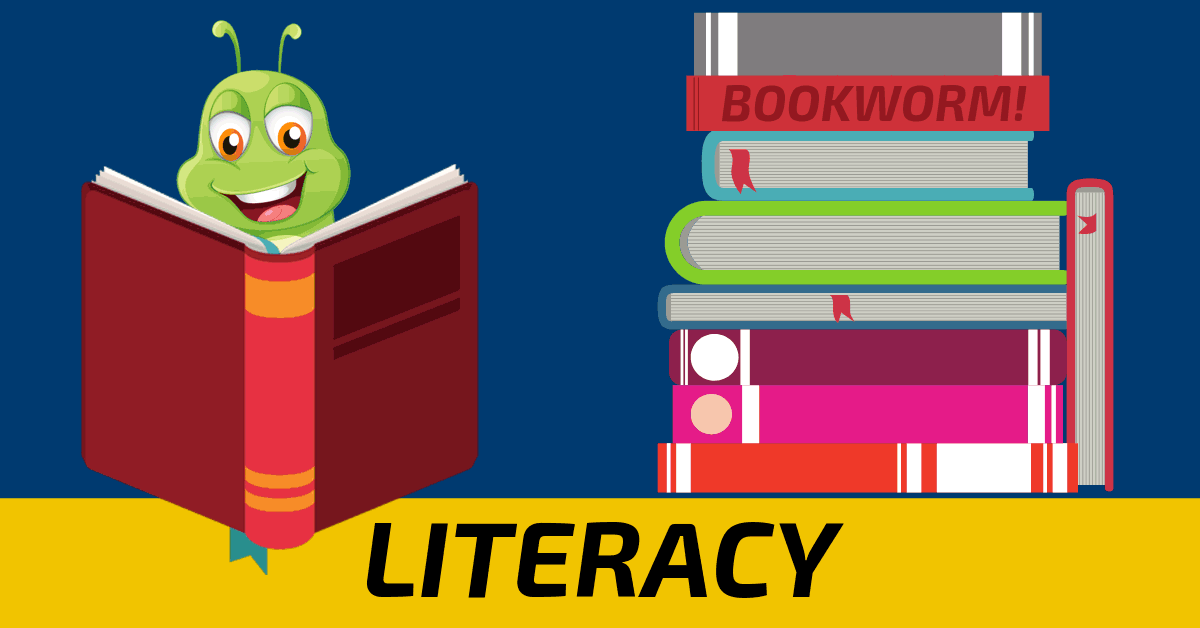- Home
- Our Learning
- Literacy at Pond Meadow
Literacy at Pond Meadow

At Pond Meadow School, we recognise that print literacy is the gateway to the autonomy, self-advocacy and human connection needed for our pupils to thrive in later life. As a result, we maintain “literacy optimism”, a belief that everyone is capable of learning to read and write when they are provided with the best instructions and experiences.
Our focus on literacy as print-based reading and writing is not intended to exclude pupils in any way. It is designed as a long-term aspirational goal that ensures all our pupils receive robust emergent literacy experiences that could facilitate progression to conventional literacy instruction. We maintain an ethos of, “No student is too anything to be able to read and write.” (Dr David Yoder)
We use individualised teaching approaches for all our pupils, ensuring that learning is accessible, meaningful, and functional. Personalised communication systems lie at the heart of accessible learning, therefore, clear expressive and receptive communication strategies are in place for every pupil.
We adopt a multi-sensory approach to learning which provides our pupils with opportunities to: develop their visual, auditory and tactile discrimination skills; develop skills relating to word recognition; and participate in language rich experiences that extend their understanding of the world.
Literacy is taught throughout the key stages, following guidance from the National Curriculum and the EYFS framework in the Foundation Stage. The pupils work at relevant and appropriate levels relating to their personalised targets. Their progress is recorded on 'Evidence for Learning', a platform and tool to develop and demonstrate connected practice which links curriculum, pedagogy and assessment.
Intent
- To foster a culture of “literacy optimism”
- To maintain a language rich environment and a total communication approach
- To facilitate access to stories and texts by overcoming barriers to access for each pupil
- To establish clear learning profiles and appropriate learning pathways for each pupil
- To rigorously monitor pupil progress in all areas of word recognition and language comprehension
- To foster a love of reading with all adults and pupils demonstrating an enthusiasm for stories, poems, songs and rhymes
Implementation for academic year 2022-23
Pupils will take part in daily discrete phonics sessions for 15 minutes each day in the lower school. The delivery of these sessions is approached in different ways to best suit the needs of each individual. Broadly speaking:
Our pre-formal learners follow our engagement pathway and in the context of phonics will develop their auditory, visual and tactile discrimination skills, as well as expand their alphabetic knowledge by following a ‘letter of the week’ programme.
Our formal learners follow the sound progression outlined in Phases 2+ of the Bug Club Phonics scheme. They continually work to develop their GPC knowledge, segmenting and blending skills. Teachers utilise the planning, resources, decodable books and interactive games available on the Bug Club learning platform, as well as access our ‘Big Cat Phonics’ decodable book scheme.
Our semi-formal learners use a blended approach, incorporating many of the sensory learning opportunities provided for our pre-formal learners, as well as some of the structured routines and approaches followed by our formal learners. Where appropriate, they access the resources provided by Bug Club Phonics, as well as our ‘Big Cat Phonics’ decodable books scheme.
- Pupils will be provided with continuous literacy provision opportunities throughout the day.
- Pupils will read regularly with an adult for a variety of purposes. These shared reading sessions are personalised to suit the needs of every learner, dependant on their physical and learning needs.
- Pupils will take part in daily independent reading sessions.
- Pupils will take part in daily writing activities, some using conventional mark-making methods; some building words from letter cards and other alphabet materials; and some typing using word-processing software.
- All teaching staff will model good reading behaviours, particularly good listening.
- Robust assessment will be used to identify any pupil who is not making expected progress.
Impact
At Pond Meadow, we use both formative and summative assessment to track pupil progress and ensure that we are meeting individual learning needs. By creating a culture of continuous literacy provision, we help pupils understand the value in learning to read and write. Every pupil is considered a reader and provided with opportunities to engage with the print that surrounds our everyday lives.
As well as modelling the functional uses of literacy, we create a positive reading culture that instils a love of books. With access to suitably motivating texts that are presented in accessible formats, pupils will begin to read for pleasure, choosing to access books during free time and at home. Pupils may also read as a self-regulation strategy.
Pupils will make progress in areas related to engagement, shown by increased interaction with staff and peers during shared reading. They will also make progress in areas related to communication, offering opinions on texts and their experience of reading them. Pupils will experience a language rich curriculum and expand their vocabulary as a result.
We have high expectations that all pupils will make appropriate progress against their IEP targets, as well as our English Framework in 'Evidence for Learning'. Any pupil who is not making expected progress will be identified and receive targeted support/interventions.